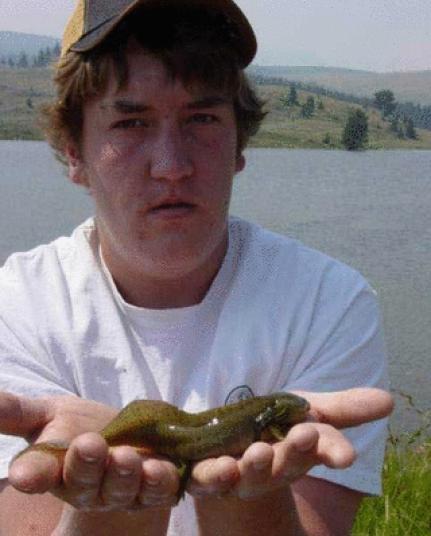
Harman, Bogost, Cortázar, Blok etc.
posnetek v celoti
I take it that Deleuze's account of the virtual as structure or system is the "virtuous" conception of the virtual, and the one that has been so quickly latched on to by thinkers such as Negri and Hardt. That is, I take it that describing the virtual as the "relational side" of the object is a productive idea. Nonetheless, I am uncomfortable with Deleuze's proposal of an impassive ontological memory or pure past that insists in all actuality. I am also bothered by Deleuze's claim that the actual contributes nothing to the virtual, but rather that all actualization moves from the virtual to the actual. This seems to leave little hope for any sort of concrete change produced at the level of actuality, insofar as we have a pure past, a past that has never been present, overdetermining all actualities without the actualities themselves contributing anything to being. It seems to me that this is the Deleuze, the Deleuze of the ontology of the pure past, that most Deleuzians themselves ignore, treating Deleuze instead as a sort of complexity theorist. (Levi R. Bryant)
Object-oriented ontology ("OOO" for short) puts things at the center of this study. Its proponents contend that nothing has special status, but that everything exists equally--plumbers, cotton, bonobos, DVD players, and sandstone, for example. In contemporary thought, things are usually taken either as the aggregation of ever smaller bits (scientific naturalism) or as constructions of human behavior and society (social relativism). (Ian Bogost)

